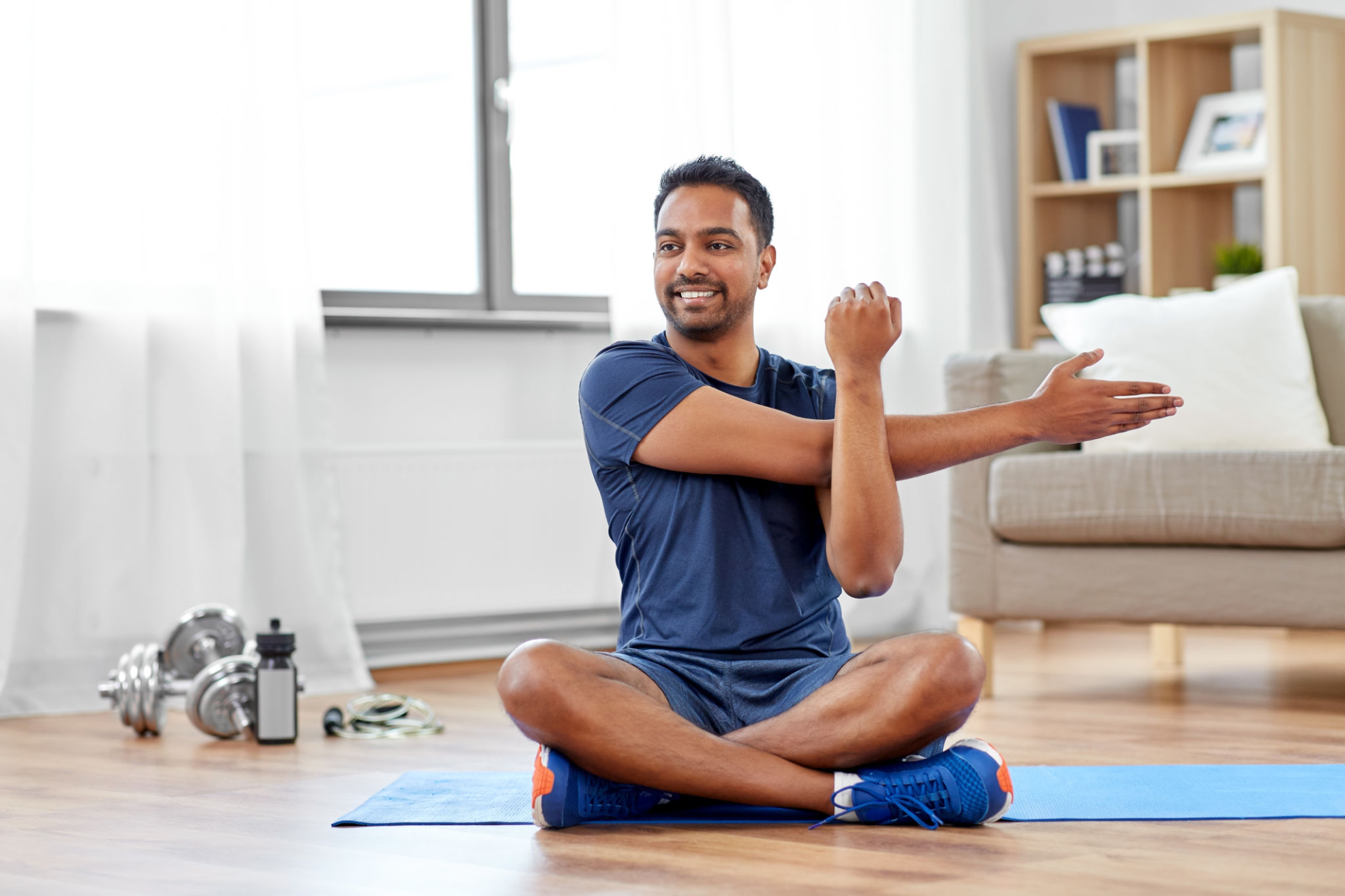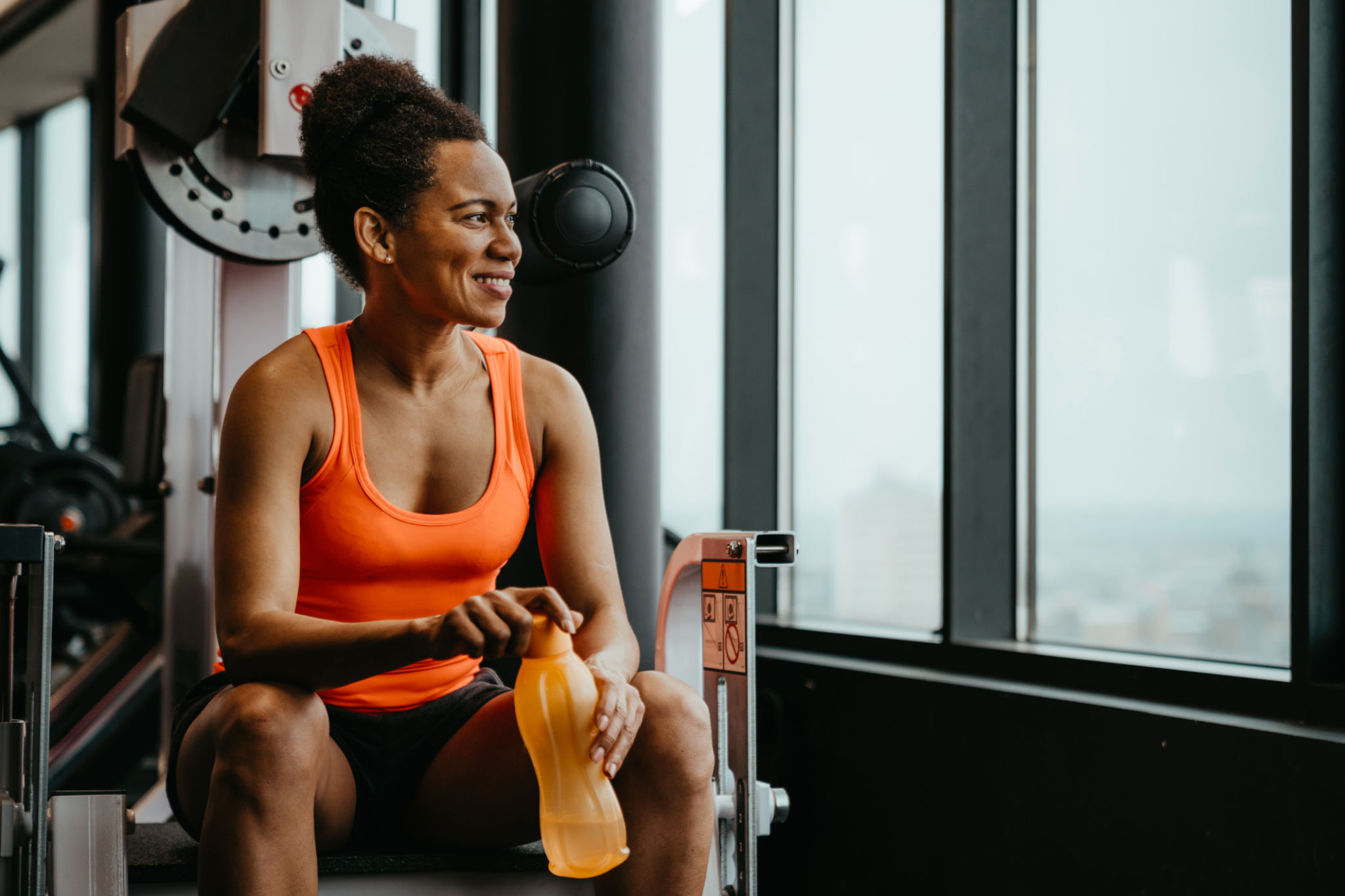How to Prepare for Your First Sports Training Session
Understanding the Basics
Embarking on your first sports training session can be both exciting and nerve-wracking. It's crucial to approach it with the right mindset. Understanding the basics of the sport will give you a head start. Take some time to research the rules, common techniques, and the overall structure of the game. Watching a few matches or practice sessions online can also provide valuable insights.
Additionally, it's important to familiarize yourself with the equipment required for the sport. Whether it's a racket for tennis, cleats for soccer, or a helmet for cycling, knowing what you'll need ahead of time ensures you're well-prepared.

Gathering the Right Gear
Having the appropriate gear is essential for both safety and performance. Begin by making a checklist of necessary items, including clothing, footwear, and sport-specific equipment. Comfortable and breathable clothing will help you stay focused and agile during training.
Investing in good quality footwear cannot be overstated; the right pair can prevent injuries and enhance your comfort. Don’t forget to pack a water bottle and a towel to stay hydrated and fresh throughout your session.

Physical Preparation
Preparing your body physically is equally important. Start conditioning a few weeks before your first session by incorporating exercises that improve your strength, flexibility, and endurance. Cardiovascular activities like jogging, cycling, or swimming can boost your stamina.
Incorporate dynamic stretches into your routine to enhance flexibility and reduce the risk of injury. A well-rounded warm-up routine will prepare your muscles for the demands of training and improve your overall performance.

Mental Preparation
Mental readiness is as crucial as physical preparation. Set realistic goals for your first training session to manage expectations and motivate yourself. Visualization techniques can also be beneficial; picture yourself successfully executing skills and strategies during training.
Stay positive and remind yourself that everyone starts somewhere. Embrace the learning process and be open to feedback from coaches and peers. This mindset will not only enhance your performance but also make the experience more enjoyable.
Nutrition and Hydration
Your diet plays a significant role in your training success. Ensure you're consuming balanced meals rich in carbohydrates, proteins, and healthy fats. Carbohydrates provide energy, proteins aid in muscle repair, and healthy fats contribute to overall well-being.
Hydration is equally vital; drinking water before, during, and after your session will help maintain energy levels and prevent dehydration. Avoid heavy meals immediately before training to prevent discomfort.

Arriving at the Venue
Arrive at the training venue early to familiarize yourself with the environment. This will give you time to relax, set up your gear, and mentally prepare for the session ahead. Being punctual also shows respect for your coach and fellow trainees.
Take this opportunity to introduce yourself to teammates and coaches if you haven’t already. Building rapport can create a supportive atmosphere, enhancing your overall experience.
Post-Training Recovery
Recovery is a crucial part of any training regimen. After your session, cool down with gentle stretches to aid muscle recovery and prevent stiffness. Refuel with a nutritious snack or meal that includes protein to support muscle repair.

Adequate rest is essential; ensure you get plenty of sleep to allow your body to recover fully. Listen to your body, and if you feel any pain or discomfort, don’t hesitate to consult with a professional.
Reflecting on Your Experience
After completing your first sports training session, take time to reflect on what you've learned. Consider what went well and areas where you can improve. Keep a journal to track your progress over time; this can serve as a motivational tool as you continue your training journey.
Remember, preparation is key to making the most out of your sports training sessions. By following these guidelines, you'll set a solid foundation for success and enjoyment in your chosen sport.